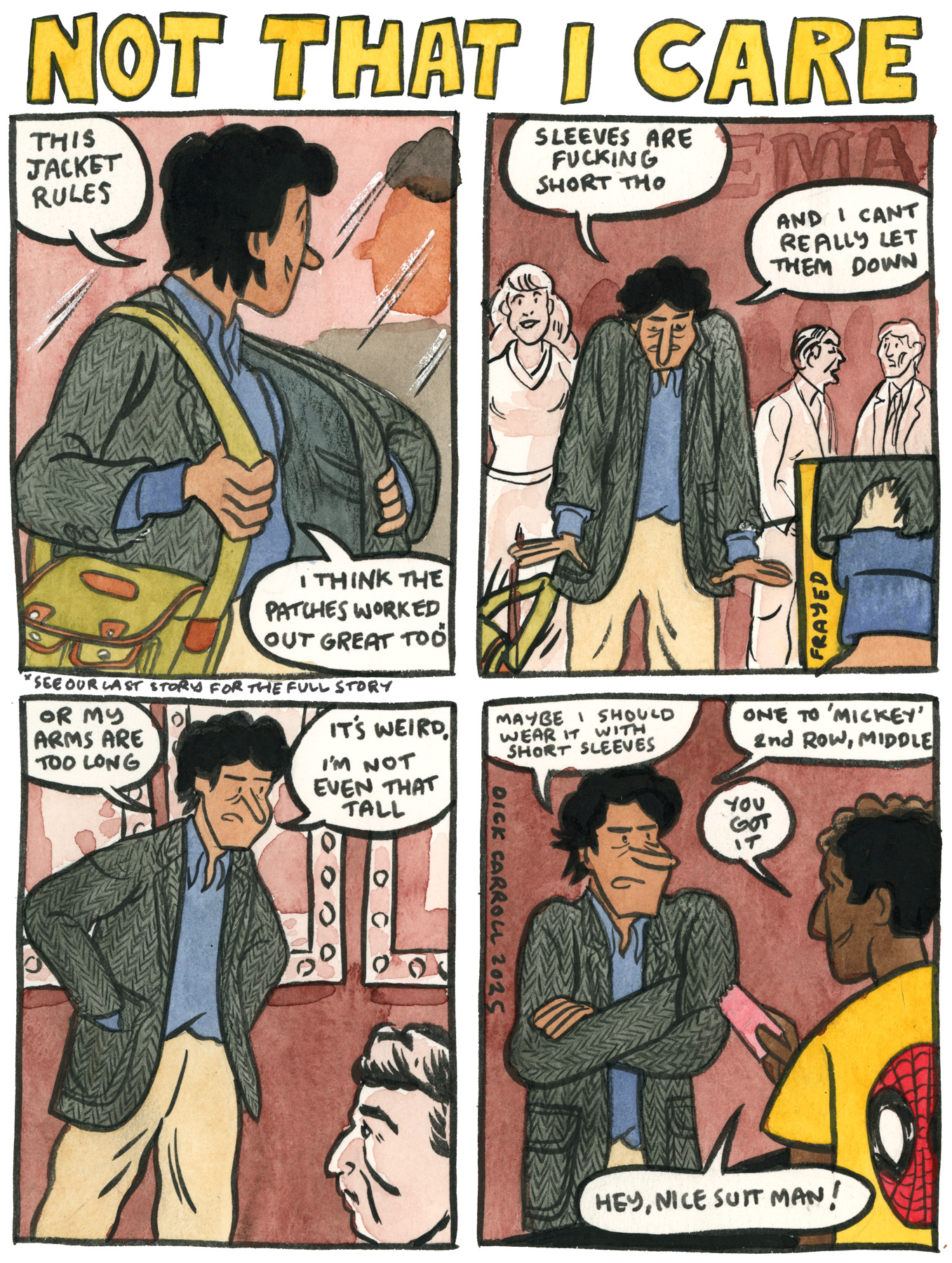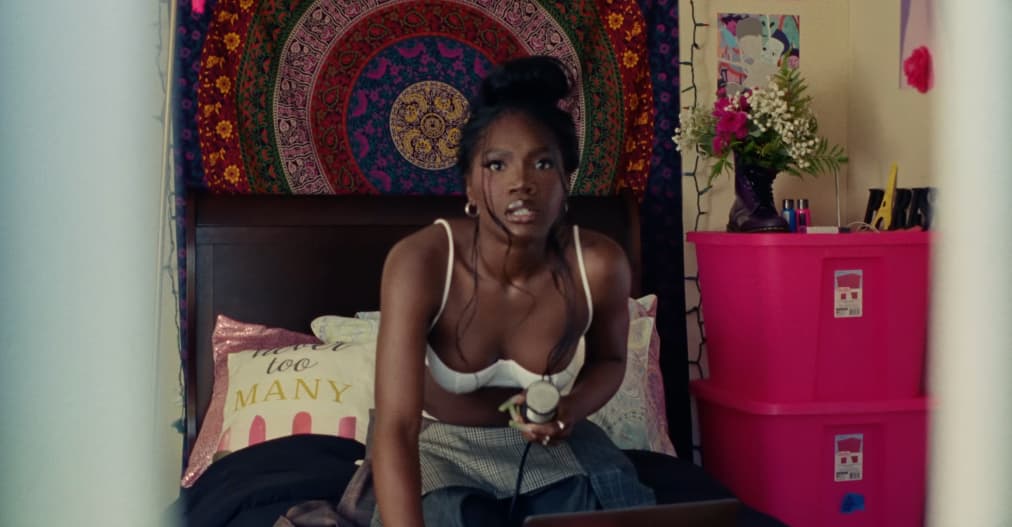How Trump Tariffs & Economic Volatility Could Affect Hollywood
It feels like every TV channel I turn to is talking about tariffs. I have been using film and TV to avoid the topic, but alas, it's come home to roost.Today, The Hollywood Reporter published a long article about how Trump's tariffs and the overall economic instability have affected Hollywood. (Something director Todd Haynes warned us about back in February.)And on my favorite podcast, The Town, they had an entire episode about which companies are going to feel the heat from the tariffs and who's suffering because of them.Whether you are for or against the tariffs, you cannot argue that they have not been volatile in their first few weeks. That volatility makes people in Hollywood wary. Everyone is watching the economy in fear of a crash, and worrying about how the projects they greenlight will be perceived and received by the public. This is obviously a situation that's affecting our business and job creation from the top down. So let's unpack it. Economic Volatility and HollywoodThis might be obvious, but Hollywood would prefer to make movies and TV shows at times of economic stability, and not volatility. The main reason for all of this is that movies and TV shows only make money if consumers go to the theaters or tune into TV shows. That's the very foundation of all entertainment. We're already seeing American movies debuting in China dropping. Could other countries follow suit? The reason is that when people start to save money or cut out spending due to a fear of a recession, they usually cut things like entertainment from their budgets at first. That means getting rid of streaming services, they stop going to theaters, they spend less on VOD, and lots of other savings. Television networks and streaming platforms rely on advertising revenue, which can be impacted by economic instability. Companies may reduce their advertising budgets during downturns, affecting the revenue streams of these platforms. Linear TV, already facing decline, is particularly vulnerable as marketers prioritize performance-driven advertising over brand campaigns in cautious environments.You don't have to take my word for it. MoffettNathanson’s Michael Nathanson wrote in a report that “Given the ongoing secular headwinds facing the linear TV ecosystem, we worry that television could mirror the fate of radio and newspapers during past recessions.”This could cause the loss of around $45 billion dollars in revenue. He continued, “Should budgets shift away from linear TV at an accelerated pace, we see risk of a more permanent reallocation toward connected TV and broader digital channels.”Movies are in the same boat. Warner Bros. Discovery, CEO David Zaslav apparently sent a note to his execs telling them to start saving money on projects because of “market volatility and reduced consumer confidence.”But aside from the main impact on Hollywood, I wanted to look at the trickle-down effects we're seeing on the rest of the industry. The Impact on ProductionBudgeting and Financing: Economic instability can make securing financing for film and TV projects more difficult. People want to hold onto their money. And investors may become risk-averse, leading to tighter budgets and fewer greenlit projects, especially those deemed riskier or with higher price tags.Increased Costs: Volatility can lead to fluctuations in exchange rates (for international productions), increased inflation affecting the cost of materials and labor, and higher insurance premiums, all of which can inflate production budgets. There's a real worry here that these costs would hurt other countries as well, who rely on productions for jobs. These wouldn't move home, they would just not happen. And everyone would be boned. Shift Towards "Safer" Content: Studios may be more inclined to invest in familiar franchises, sequels, and adaptations with a built-in audience rather than original, or perceived riskier content. This is because original material is not a guaranteed success at the box office.The Workforce Suffers The Most Job Security: Economic uncertainty can lead to hiring freezes, layoffs, and reduced opportunities for those working in the film and television industry, both in front of and behind the camera.Executive Stagnation: Imagine being an exec at one of these companies. You could not be able to greenlight your movies or TV show ideas, and that will stop career advancement. We're often seeing a lot of people leave the industry for career advancement elsewhere. It's alarming. Wage Stagnation: Budget constraints and financial instability can put downward pressure on wages and salaries within the industry.Less Projects, Less Paychecks: If companies make fewer movies and TV shows, we'll see the workforce suffer. Not only with above the line jobs disappear, but all the below the line workers, thousands if not tens of thousands of them will just not have jobs. Summing It All Up Economic stability provides a more predictable and favorable environment for the film and tel


It feels like every TV channel I turn to is talking about tariffs. I have been using film and TV to avoid the topic, but alas, it's come home to roost.
Today, The Hollywood Reporter published a long article about how Trump's tariffs and the overall economic instability have affected Hollywood. (Something director Todd Haynes warned us about back in February.)
And on my favorite podcast, The Town, they had an entire episode about which companies are going to feel the heat from the tariffs and who's suffering because of them.
Whether you are for or against the tariffs, you cannot argue that they have not been volatile in their first few weeks. That volatility makes people in Hollywood wary. Everyone is watching the economy in fear of a crash, and worrying about how the projects they greenlight will be perceived and received by the public.
This is obviously a situation that's affecting our business and job creation from the top down. So let's unpack it.
Economic Volatility and Hollywood
This might be obvious, but Hollywood would prefer to make movies and TV shows at times of economic stability, and not volatility.
The main reason for all of this is that movies and TV shows only make money if consumers go to the theaters or tune into TV shows.
That's the very foundation of all entertainment.
We're already seeing American movies debuting in China dropping. Could other countries follow suit?
The reason is that when people start to save money or cut out spending due to a fear of a recession, they usually cut things like entertainment from their budgets at first.
That means getting rid of streaming services, they stop going to theaters, they spend less on VOD, and lots of other savings.
Television networks and streaming platforms rely on advertising revenue, which can be impacted by economic instability.
Companies may reduce their advertising budgets during downturns, affecting the revenue streams of these platforms.
Linear TV, already facing decline, is particularly vulnerable as marketers prioritize performance-driven advertising over brand campaigns in cautious environments.
You don't have to take my word for it.
MoffettNathanson’s Michael Nathanson wrote in a report that “Given the ongoing secular headwinds facing the linear TV ecosystem, we worry that television could mirror the fate of radio and newspapers during past recessions.”
This could cause the loss of around $45 billion dollars in revenue. He continued, “Should budgets shift away from linear TV at an accelerated pace, we see risk of a more permanent reallocation toward connected TV and broader digital channels.”
Movies are in the same boat.
Warner Bros. Discovery, CEO David Zaslav apparently sent a note to his execs telling them to start saving money on projects because of “market volatility and reduced consumer confidence.”
But aside from the main impact on Hollywood, I wanted to look at the trickle-down effects we're seeing on the rest of the industry.
The Impact on Production
- Budgeting and Financing: Economic instability can make securing financing for film and TV projects more difficult. People want to hold onto their money. And investors may become risk-averse, leading to tighter budgets and fewer greenlit projects, especially those deemed riskier or with higher price tags.
- Increased Costs: Volatility can lead to fluctuations in exchange rates (for international productions), increased inflation affecting the cost of materials and labor, and higher insurance premiums, all of which can inflate production budgets. There's a real worry here that these costs would hurt other countries as well, who rely on productions for jobs. These wouldn't move home, they would just not happen. And everyone would be boned.
- Shift Towards "Safer" Content: Studios may be more inclined to invest in familiar franchises, sequels, and adaptations with a built-in audience rather than original, or perceived riskier content. This is because original material is not a guaranteed success at the box office.
The Workforce Suffers The Most
- Job Security: Economic uncertainty can lead to hiring freezes, layoffs, and reduced opportunities for those working in the film and television industry, both in front of and behind the camera.
- Executive Stagnation: Imagine being an exec at one of these companies. You could not be able to greenlight your movies or TV show ideas, and that will stop career advancement. We're often seeing a lot of people leave the industry for career advancement elsewhere. It's alarming.
- Wage Stagnation: Budget constraints and financial instability can put downward pressure on wages and salaries within the industry.
- Less Projects, Less Paychecks: If companies make fewer movies and TV shows, we'll see the workforce suffer. Not only with above the line jobs disappear, but all the below the line workers, thousands if not tens of thousands of them will just not have jobs.
Summing It All Up
Economic stability provides a more predictable and favorable environment for the film and television industry, allowing for greater investment in diverse projects, smoother production processes, and more stable revenue streams.
When that goes away, everyone battens down the hatches, and the workforce suffers the most.
Let me know what you think in the comments.





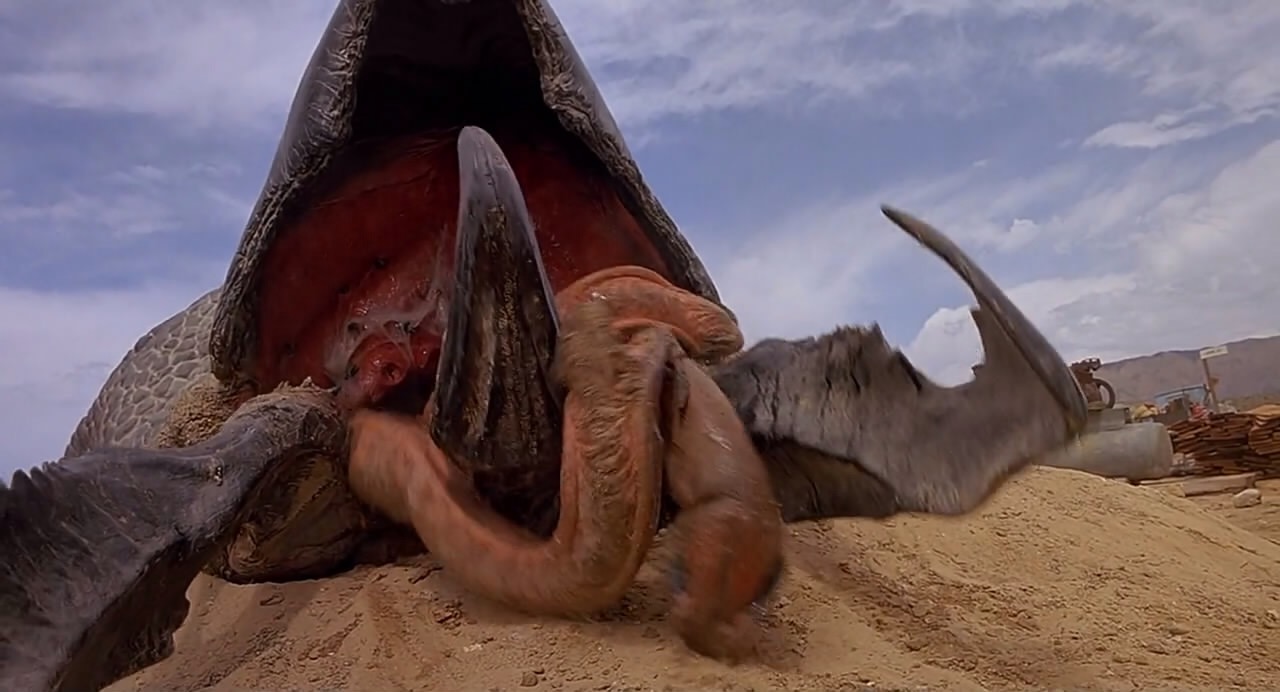


































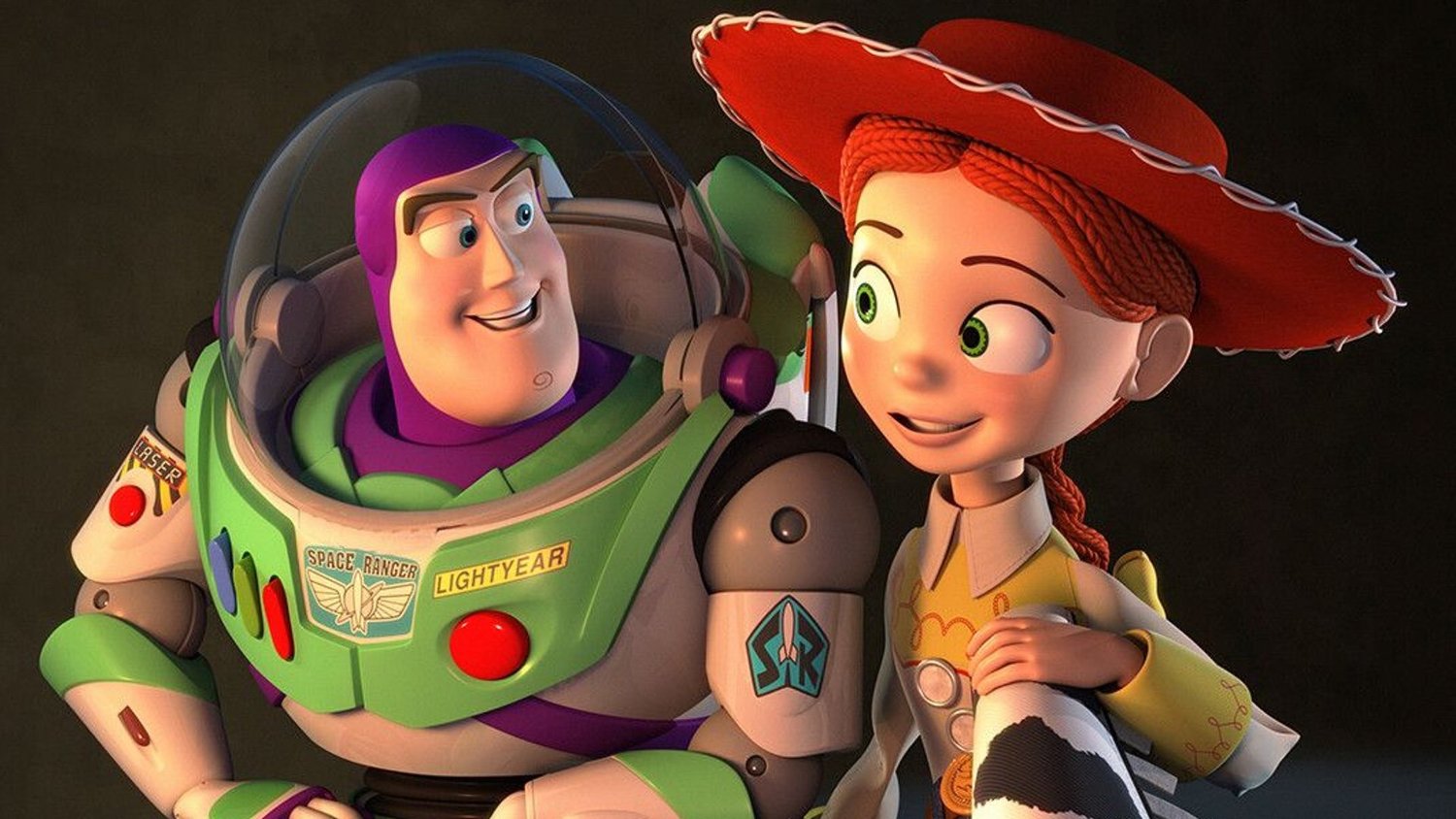












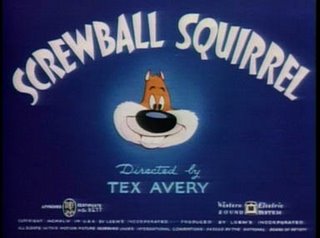





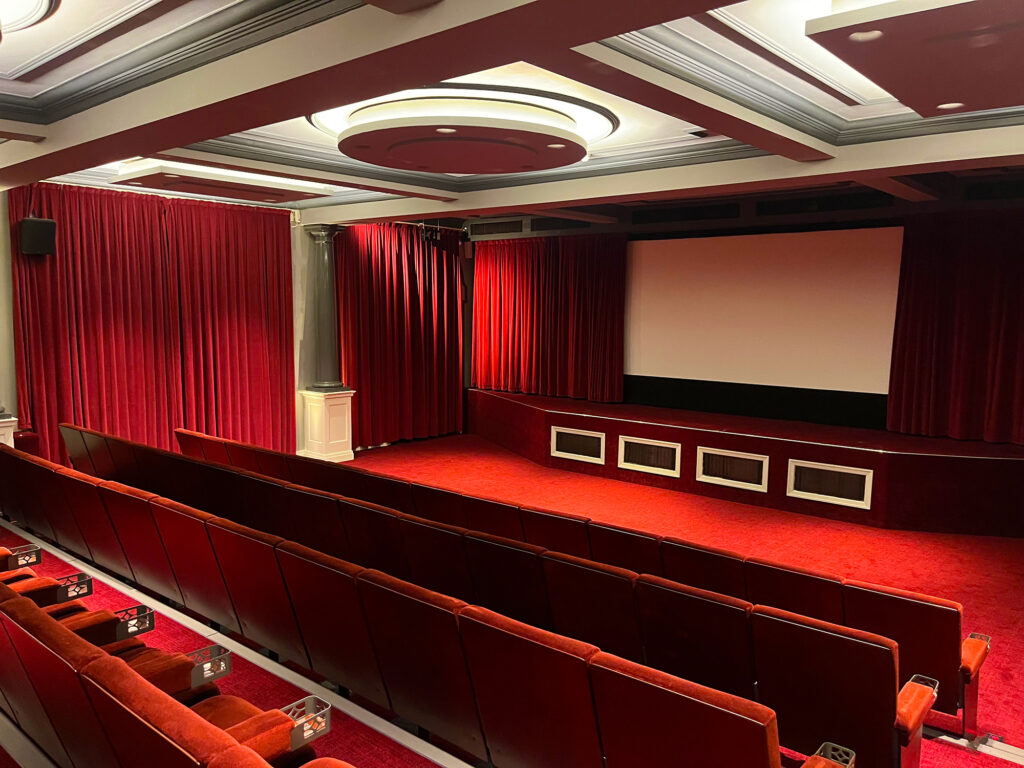



















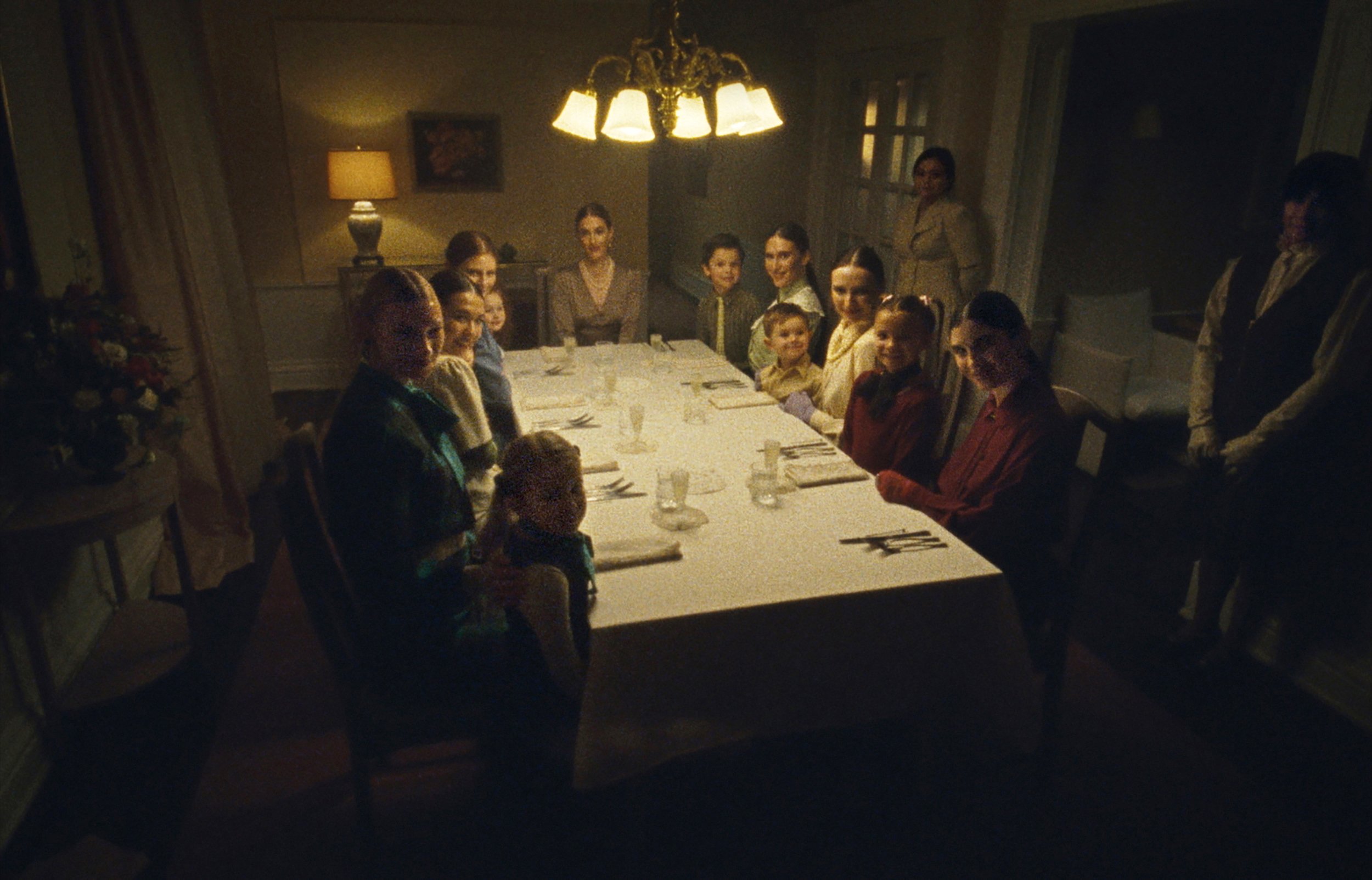


![You'll Probably Never Guess What Live Musical Performance Blew This Sinners Star Away [Exclusive]](https://www.slashfilm.com/img/gallery/youll-probably-never-guess-what-live-musical-performance-left-a-mark-on-this-sinners-star/l-intro-1745021921.jpg?#)


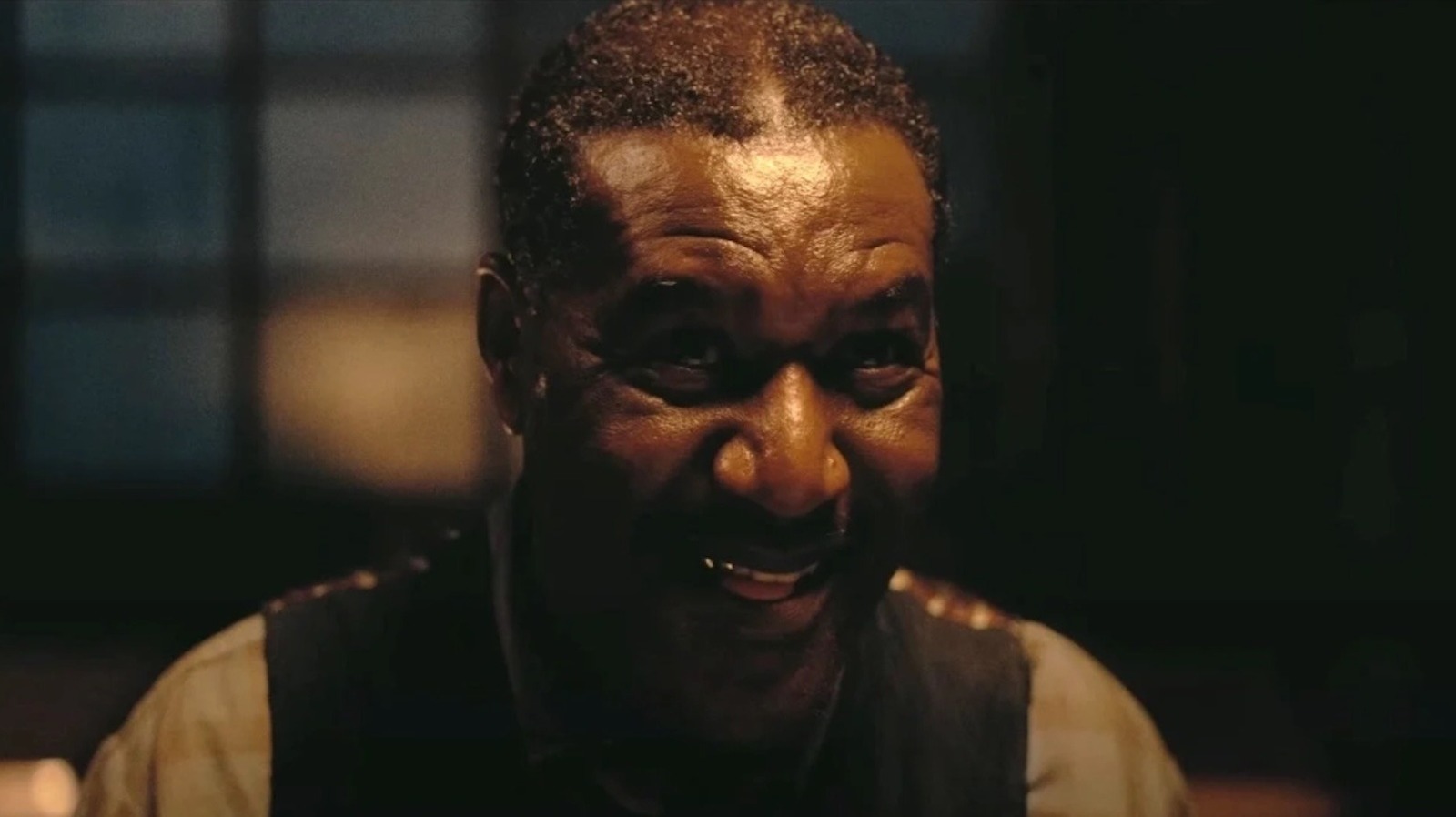









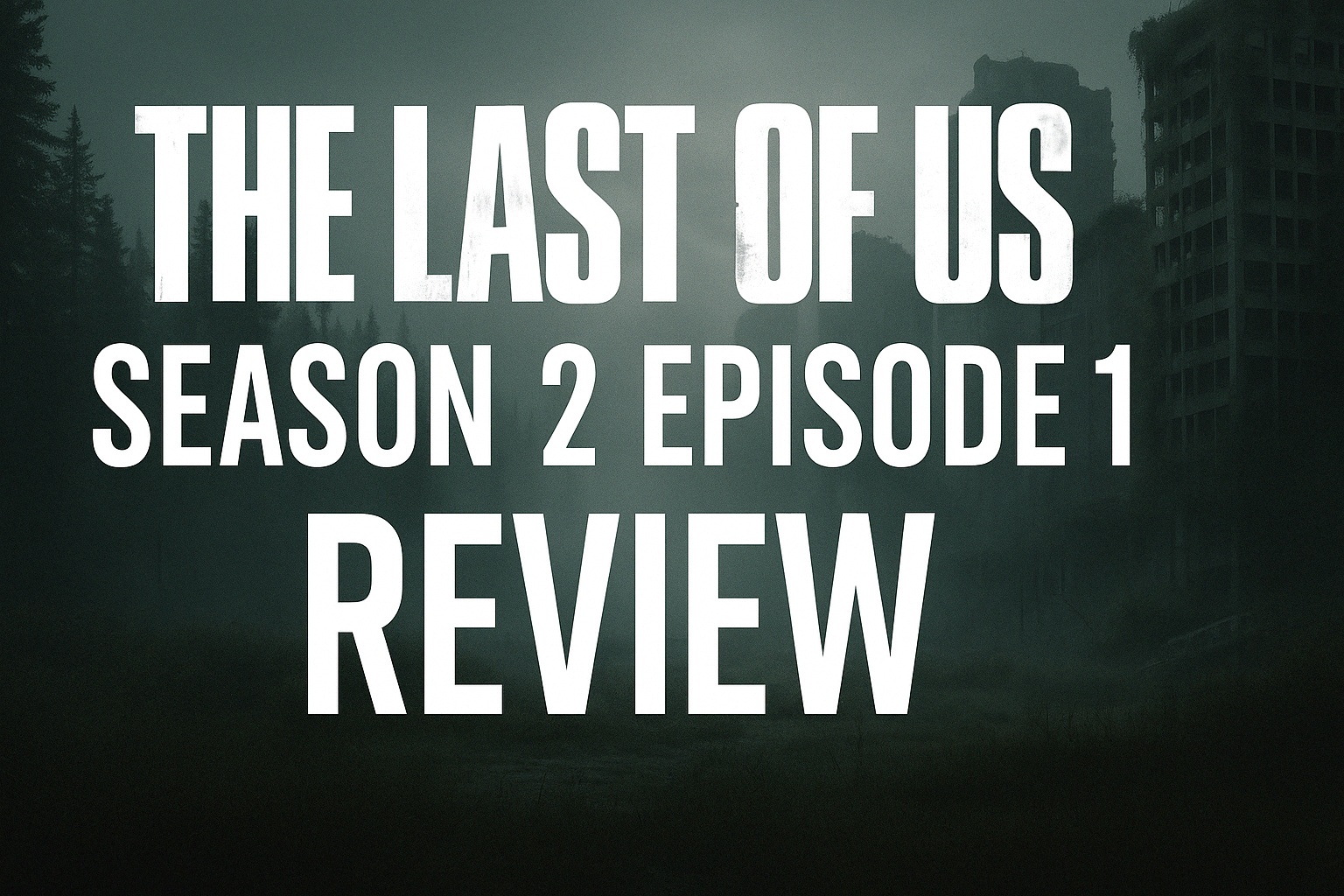








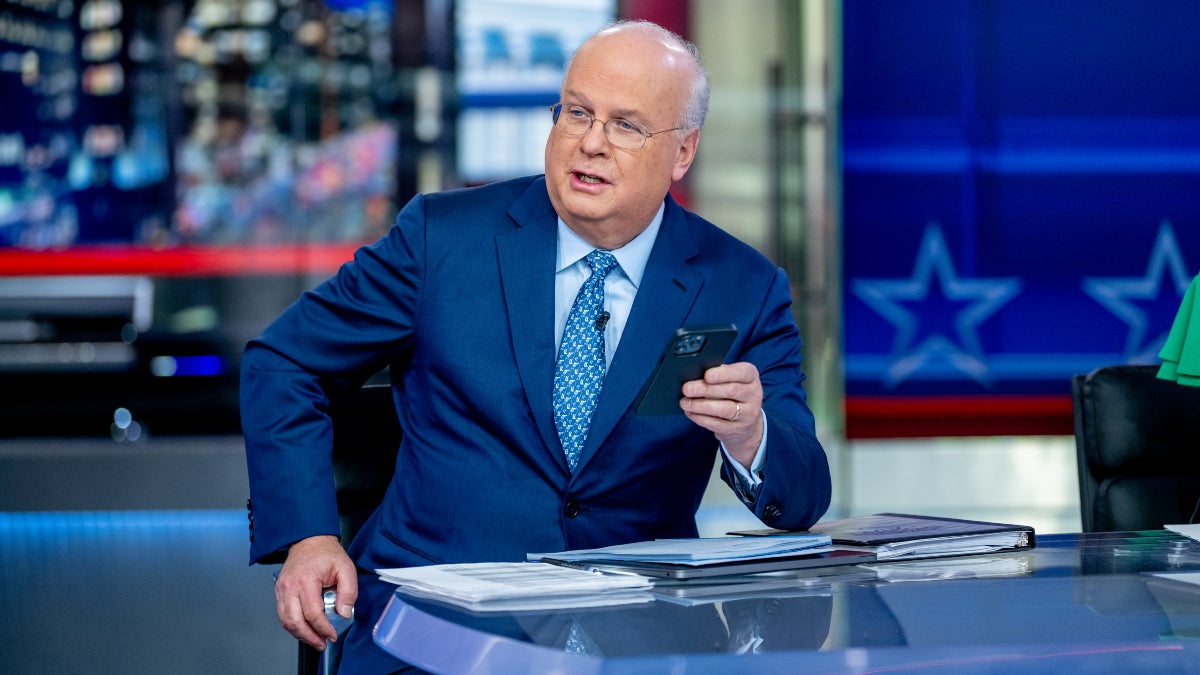



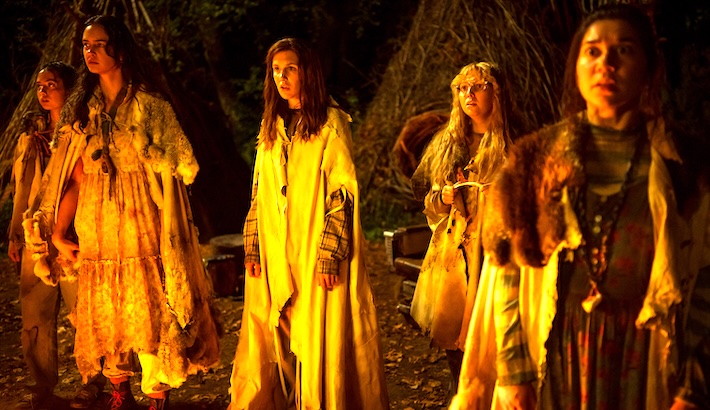


















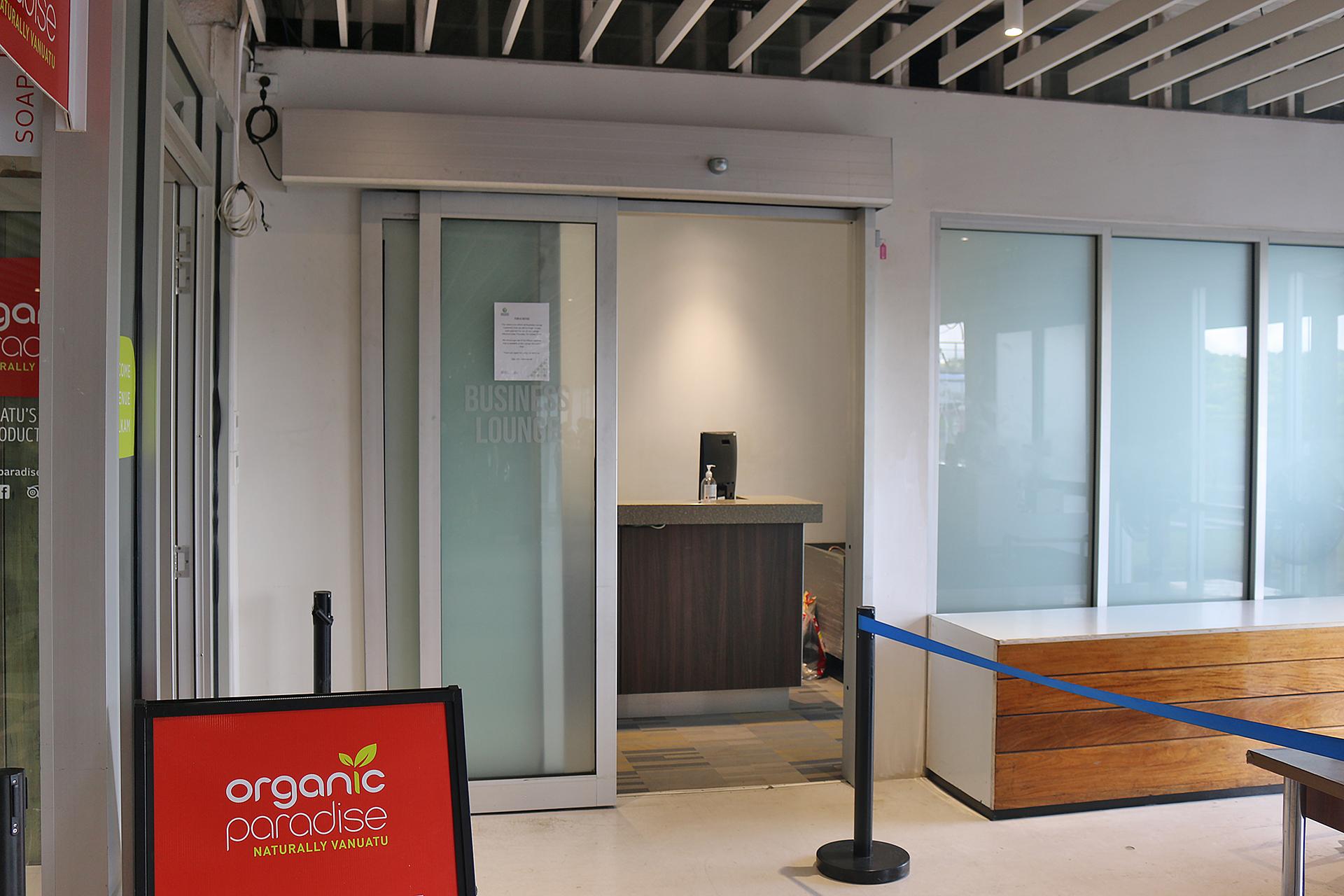

















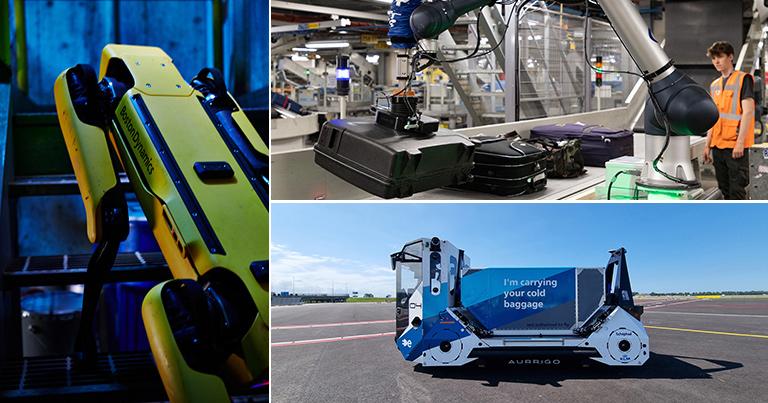





















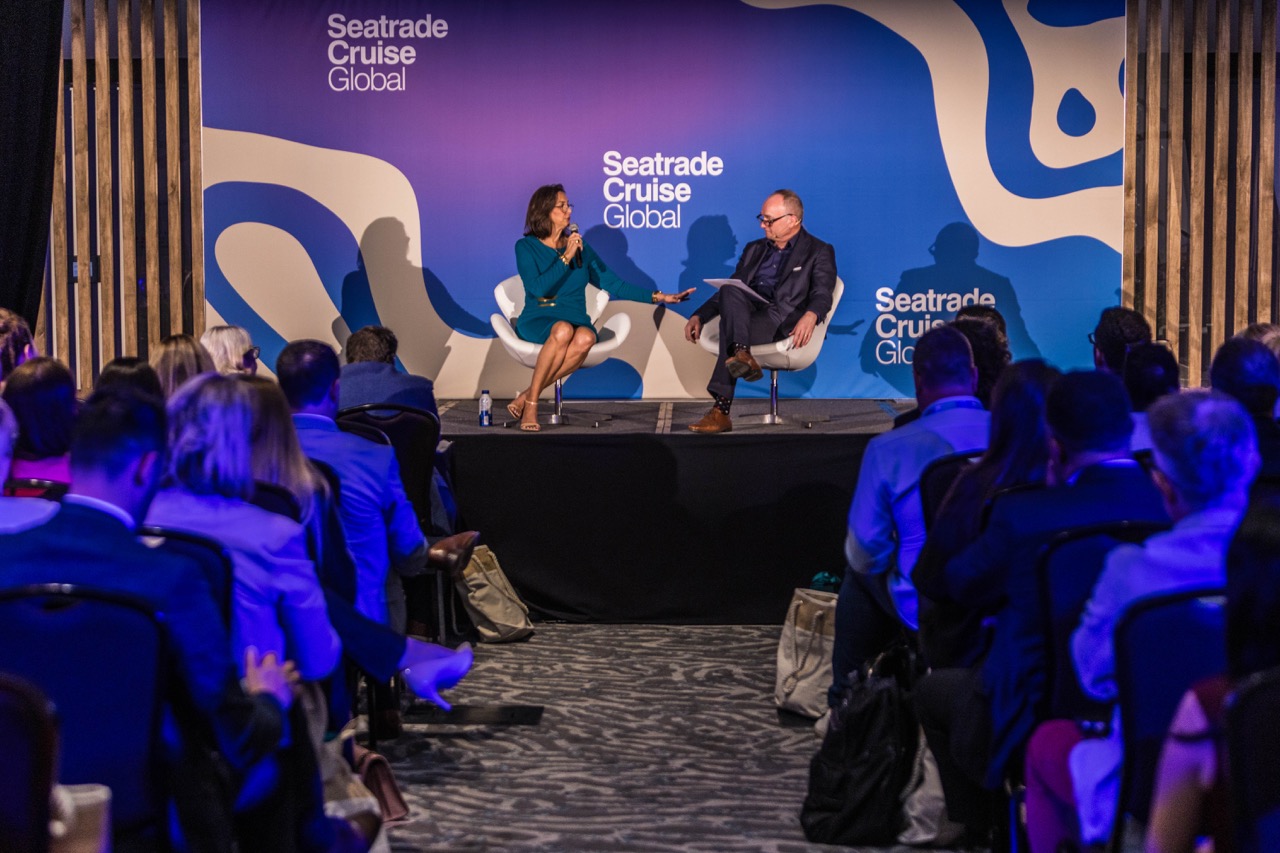






























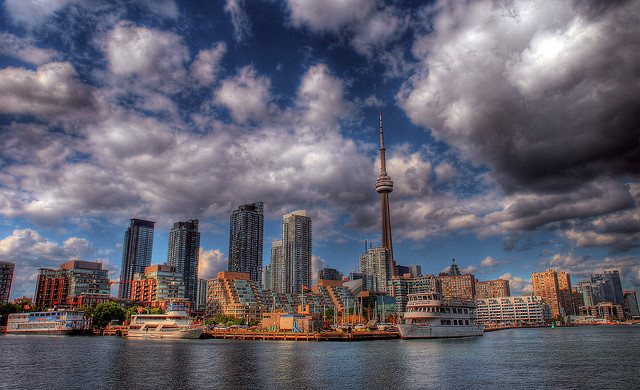


















![It’s Unfair to Pay 100% for 50% of a Seat—Why Airlines Must Start Refunding Customers When They Fail To Deliver [Roundup]](https://viewfromthewing.com/wp-content/uploads/2025/04/broken-american-airlines-seat.jpeg?#)








































































































































































![[Podcast] Unlocking Innovation: How Play & Creativity Drive Success with Melissa Dinwiddie](https://justcreative.com/wp-content/uploads/2025/04/melissa-dinwiddie-youtube.png)













